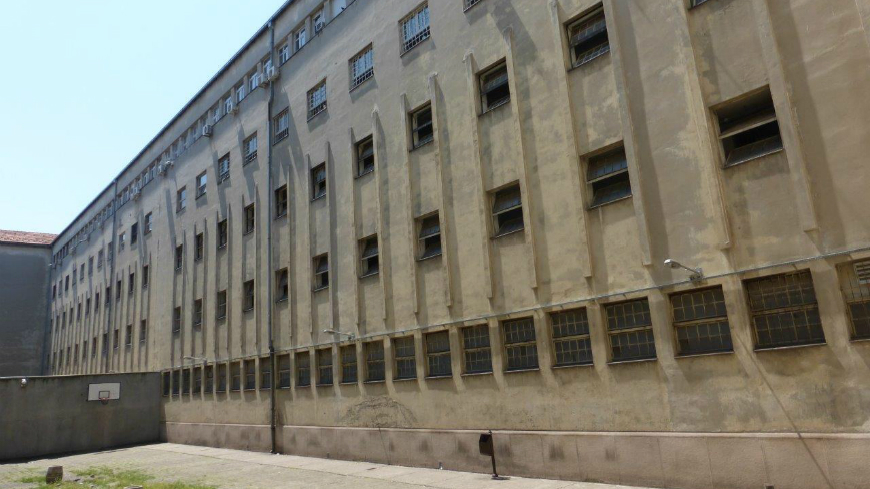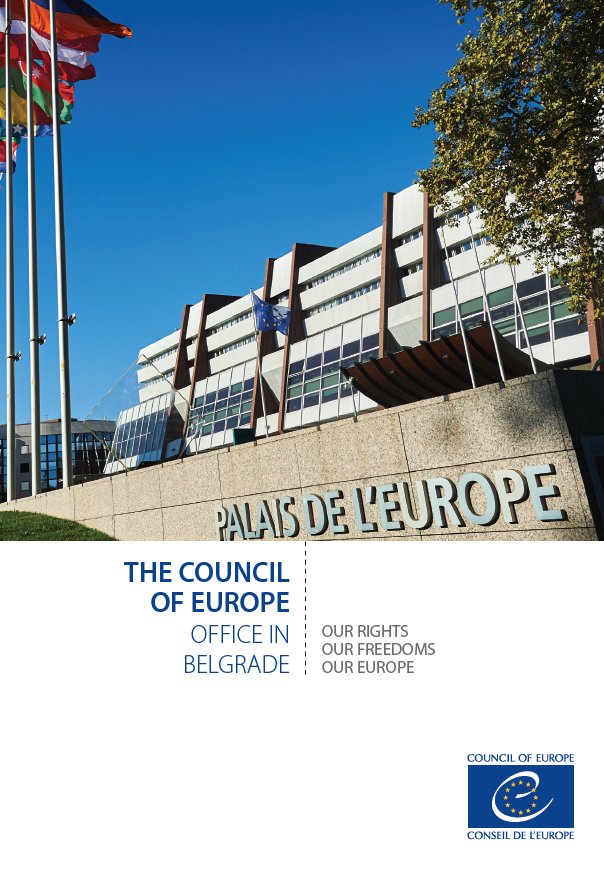The Council of Europe’s Committee for the Prevention of Torture and Inhuman or Degrading Treatment or Punishment (CPT) has published today the report (see also in Serbian) on its periodic visit to Serbia from 9 to 19 March 2021 together with the response from the authorities (see also in Serbian). While welcoming the measures taken by the Serbian authorities to reduce prison overcrowding and to upgrade the prison estate, the committee stresses that police ill-treatment remains a serious problem and recommends adopting more resolute measures to eradicate it and to ensure effective investigation of such allegations (see the English and Serbian versions of the executive summary).
As far as the police is concerned, the CPT delegation has received many credible allegations of torture and other forms of ill-treatment of detained persons by police officers (slaps, punches, kicks and truncheon blows, the application of electro-shocks by hand-held devices and by electric cables connected to a car battery, as well as the placing of persons in stress positions during police interviews). The allegations were supported by documentation consulted by the CPT’s delegation at various police establishments and by detailed injury reports drawn up by prison health care staff at the admission to prisons. The committee recommends that the Serbian authorities adopt more resolute measures to eradicate police ill-treatment, including the introduction of an investigative interviewing approach of criminal suspects and the mandatory audio and video recording of police interviews. In particular, a more stringent oversight of the functioning of the Belgrade anti-narcotic police department is imperative, the report says.
Moreover, the CPT found that investigations by prosecutorial authorities and police oversight mechanism into allegations of ill-treatment were not sufficiently effective and noted that such investigations need to be more thorough, comprehensive, and expeditious. The CPT also raises concerns over the leniency of sentences imposed by courts on police officers convicted of ill-treatment.
As regards prisons, the report welcomes the measures taken by the Serbian authorities to reduce prison overcrowding and to upgrade the prison estate. That said, local overcrowding and poor conditions of detention consisting of cramped, dilapidated, and unhygienic cells and sanitary facilities remained evident in certain parts of Belgrade District Prison and Požarevac Correctional Institution.
The CPT received some allegations of excessive use of force by staff against prisoners at Pančevo and Požarevac Correctional Institutions; it recommends ensuring that all prison officers strictly abide by the existing rules and that every application of the use of force and means of restraint be fully documented and subject to rigorous oversight by the prison management. Inter-prisoner violence and intimidation remaining wide-spread, CPT urges the Serbian authorities to put in place an effective national strategy to tackle this problem as well as the poor offer of activities to prisoners, understaffing and the growing trade in psychoactive substances. The CPT notably recommends extending to all prisons in Serbia the pilot project currently conducted at Pančevo Correctional Institution offering to remand prisoners remunerated activity and sport on a regular basis.
As regards the Special Prison Hospital in Belgrade, the delegation received some allegations of excessive use of force in the context of the use of mechanical restraints. The CPT is also critical of the lack of privacy and overcrowding in the wards which can lead to violence among patients. Urgent measures should be taken to reduce the number of patients at the hospital and to improve its material conditions, notably the dilapidated and filthy communal bathrooms. Minors should be no longer held with adults and should be provided with special support.
In relation to the two psychiatric establishments visited (Laza Lazarević and Slavoljub Bakalović Psychiatric Hospitals), most patients spoke positively about staff, and the living conditions were generally acceptable, albeit impersonal. The level of pharmacotherapy and rehabilitative activities was adequate at both hospitals. However, the CPT found that the number of nurses and auxiliaries should be increased, and the safeguards surrounding the measure of fixation of patients to beds reinforced.
As for social care institutions, the CPT found that the relations between the residents and the staff were generally positive, living conditions in the Home for Children and Youth "Duško Radović" in Niš were decent whereas at the Home for mentally impaired adults in Kulina some of the wards were in a poor state of repair. The CPT recommends that residents at both homes be offered a greater range of individualised rehabilitative activities and more regular access to fresh air. The legal safeguards on the placement of residents should be strengthened and become subject to regular judicial oversight. The CPT also advocates that large-capacity social care establishments isolated from the local community such as the Kulina Home, should be taken out of service as soon as smaller facilities can be made available for the residents.
In their response the Serbian authorities provide information on the measures taken to prevent police ill-treatment of detained persons, and to ameliorate conditions in prisons and social care establishments.
The CPT and Serbia




